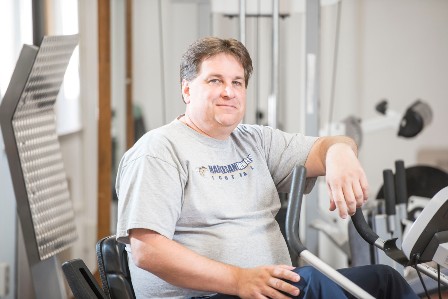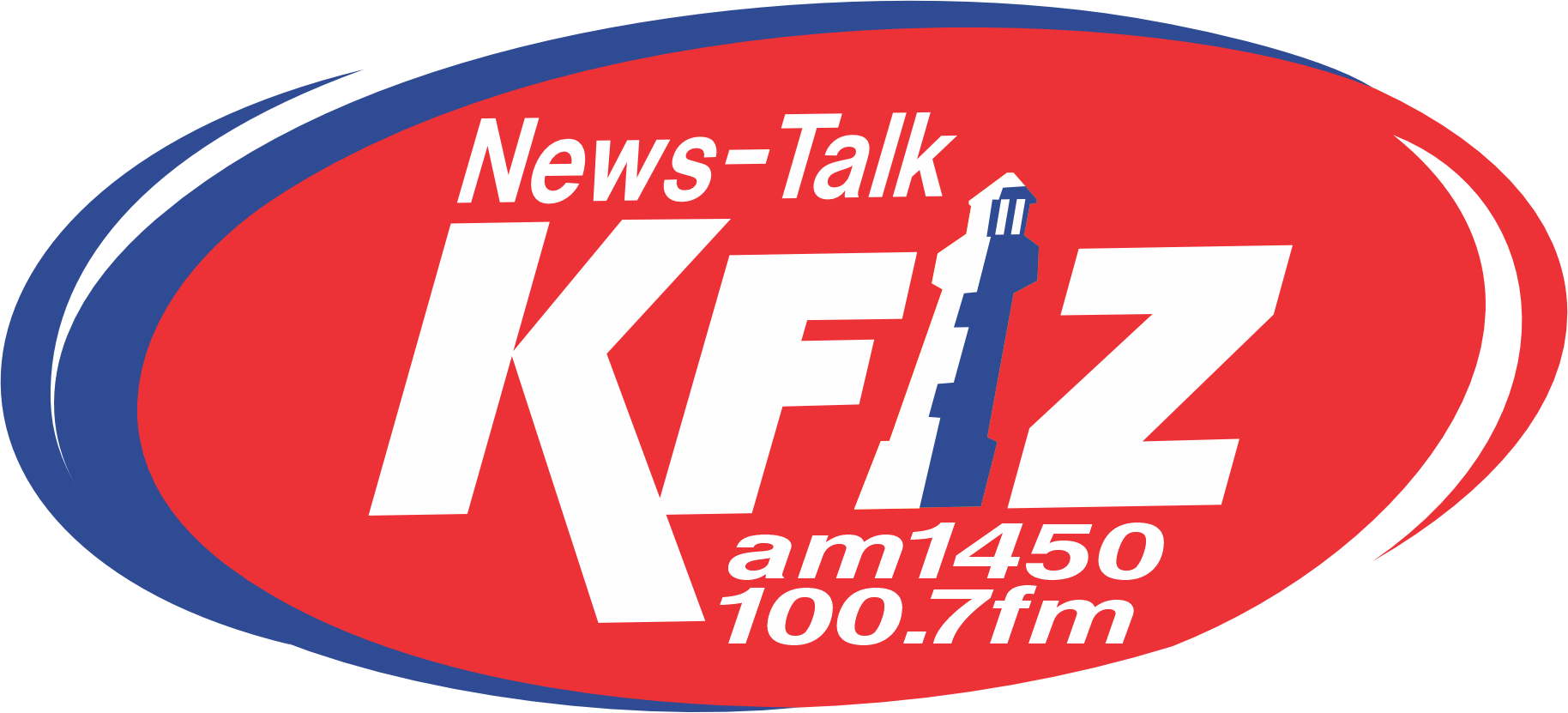Local News
WMH Cardiac Rehab Program Receives National Recertification

Waupun Memorial Hospital’s Cardiac Rehab program is celebrating the news it has received national recertification status from the American Association of Cardiovascular and Pulmonary Rehabilitation (AACVPR).
“The designation ensures that we are meeting the national guidelines and standards set up by AACVPR and other professional organizations,” says Kyle Hunter, director of Outpatient Services at Waupun Memorial Hospital who oversees the smooth operation of the program. “Physicians can refer their patients to us with the confidence that we will take great care of their patients. Hospital administrators embrace program certification because it demonstrates excellence.”
The Cardiac Rehab team has worked diligently for the past three years to track, monitor, log and document everything accurately and meticulously. The program was initially certified in August 2012. This is the first recertification. There are standards which need to be maintained throughout the three-year period.
“In December 2014, we began the application process which involved submitting that information to the AACVPR National Certification Committee board who reviewed it,” Hunter explains, noting areas assessed include staff competencies, individualized treatment plans for patients, exercise prescription for patients, clinical and behavioral outcome assessments and more.
“Certification offers peace of mind to knowledgeable healthcare consumers,” according to Hunter. “It also may help patients decide between our program and an uncertified program.”
Jon Clark, 49, of Markesan, knows firsthand the benefits of going to cardiac rehab in Waupun – the community where he serves as vice president of a local bank. In April 2014, this father of seven sought medical help for what turned out to be blood clots in his lungs, followed by the discovery of blood clots in his heart. He was a patient at Froedtert Hospital in Milwaukee for eight days where he was diagnosed with congestive heart failure. Four months later, in August 2014, he started working out at the cardiac rehab unit in Waupun. He continues to go to his workouts in an effort to stay healthy.
“I like the structure that it brings,” Clark says. “I know that three days a week I will be getting a good workout and reinforcement of leading a healthy lifestyle. Seeing and talking with others who have a similar condition is helpful and encouraging. It motivates me.”
The cardiac rehab team developed a progressive workout for Clark, which he says is 40 minutes of cardio work. “The workout has a targeted heart rate to achieve while doing each activity. As my abilities increase so do the targeted levels. Staff also teach you about eating healthy and living an overall healthier lifestyle. They do a tremendous job of showing me ways to make choices that will help manage my health.”
Clark is in phase III of the cardiac rehab programs three stages. Phase I takes place in the hospital when the patient has had a heart-related event such as a heart attack, stent placement heart surgery or congestive heart failure.
“This first phase occurs when someone from cardiac education meets with the patient to tell them about cardiac rehab and get them up and moving – even in the hospital,” Hunter says. “Jon was our first congestive heart failure patient to participate in Phase II as this is a newly covered diagnosis by insurance. Phase II of cardiac rehab takes place after the patient goes home and then returns to the hospital’s cardiac rehab unit as an outpatient for six to 12 weeks of heart-monitored exercise. In this phase, the patients exercise under supervision with heart monitors attached to their upper body. Blood pressure readings are taken before, during and after exercising.”
Phase III is a self-pay cardiac rehab where patients continue to build strength and endurance through the program indefinitely.
“We continue to watch their vital signs and report any unusual concerns,” Hunter says. “We have some patients who have been in Phase III for years. It is amazing to see how these patients become a support group for each other and develop close friendships.”
Clark has some advice for others who might be on the verge of starting the cardiac rehab program – as well as those who think they don’t need it. “It’s a proven fact that cardiac rehab improves an individual’s ability to help manage their condition,” Clark says. “I advise anybody to take an active role for themselves. Take control of your individual situation instead of it controlling you.”
Although Clark was not into exercising much prior to his heart incident, he values the opportunity to do so now, under the guidance of cardiac rehab staff in Waupun.
“As a result of working out three times a week, my endurance is much better and I’ve increased the intensity of my workouts. My recovery is going to be a lifelong endeavor, but it’s worth it.”
To learn more, call the Waupun Memorial Hospital Cardiac Rehab program at (920) 324-6843.


